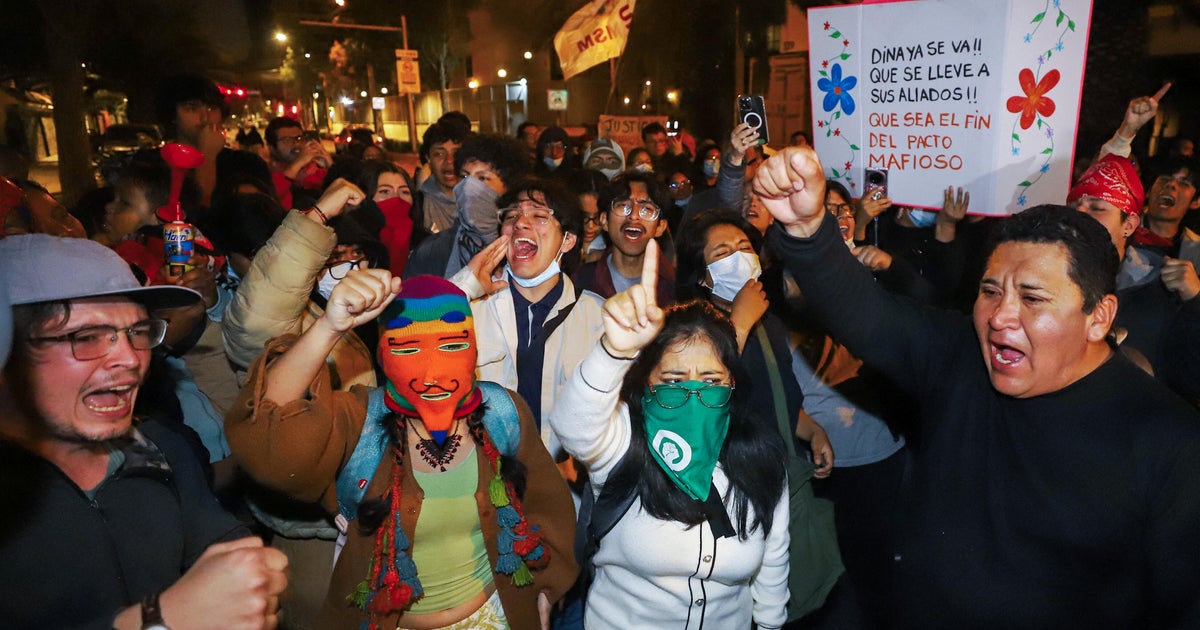 Global warming is linked to increasingly dry conditions and devastating wildfires across the UNECE region covering Europe, North America, the Caucasus and Central Asia. Credit: Unsplash/Caleb Cook / Source: UN News
Global warming is linked to increasingly dry conditions and devastating wildfires across the UNECE region covering Europe, North America, the Caucasus and Central Asia. Credit: Unsplash/Caleb Cook / Source: UN News
BRUSSELS, Belgium, November 7 (IPS) - President Prabowo Subianto welcomed his counterpart Luiz Inacio Lula da Silva of Brazil to Jakarta recently to strengthen ties between the fast-growing economies.
The timing is significant. The meeting was just weeks before Brazil hosts the COP30 climate change talks in Belém, a bustling port city at the mouth of the Amazon River.
Like Brazil, Indonesia is home to expansive rainforests that attract intense international scrutiny because of their rich biodiversity and globally-important role as carbon sinks. And like Brazil, Indonesia has implemented new policies designed to boost biofuel use.
The leaders, who agreed to expand cooperation as two of the world’s largest biofuel producers, contend that the energy sources are needed to reduce reliance on imports and cut emissions.
But Indonesia has been down this road before.
 Cian Delaney
Cian Delaney
The gold rush for the oil displaced indigenous communities, smallholder farmers, and destroyed vital ecosystems that critically endangered species like orangutans, Sumatran tigers, and the Javan rhinoceros depend on to survive.
In Borneo alone, far from reducing carbon pollution, slash and burn agriculture caused the largest single-year global emissions increase seen in 2,000 years, according to NASA.
Falling demand and the introduction of conservation measures helped slow deforestation over the subsequent decade, however, the Subianto-Lula meeting reflects a troubling resurgence of biofuels as a global commodity.
Brazil will ask the international community at COP30 to sign a pledge calling for a quadrupling of so-called “sustainable fuels”—biofuels chief among them—over the next decade.
The proposed pledge rests heavily on a new International Energy Agency (IEA) report that shows a fourfold increase can be achieved through innovative fuel developments and a doubling of biofuel use. In the fine print, however, the IEA notes that no additional land should be needed to meet the goal.
Brazil’s COP30 pledge makes no such distinction—raising concerns that growing demand will incentivize deforestation and heighten competition for land that is already scarce.
In August, Brazil lifted a soy moratorium that environmentalists credit for the significant conservation gains made over the past two decades to make way for more cultivation.
There is also the question of food.
Globally, about 90 percent of biofuel production relies on food staples. In 2023, the biofuel industry used around 200 million tonnes of corn, 8 million tonnes of wheat, 40 million tonnes of vegetable oil and enough sugarcane and sugarbeet to make 50 million tonnes of sugar.
By one estimation the energy stored in these crops could satisfy the minimum caloric requirements for 1.3 billion people, while it takes nearly 3,000 litres of water to produce enough biofuel to drive a car only 100 kilometers.
Biofuels also have serious implications for the atmosphere. Litre for litre it is estimated that, when the full impact of land use change caused by biofuel production is accounted for, they emit an average of 16% more carbon than the fossil fuels they replace.
But transitioning away from biofuels cannot ignore social and economic realities on the ground. Indonesia’s new policies, for example, stem from the country’s palm oil surplus and a need to maintain rural employment.
In response, Indonesian NGOs have increasingly been advocating for a holistic solution that would put caps on expansion, improve traceability, and invest in community-based governance, including a decentralized energy system.
At the beginning of the year, Indonesia formally joined the BRICS, an influential bloc of developing nations that make up almost half of the global population and conduct nearly a quarter of all trade.
The countries also account for 51 percent of emissions. In recent years, the bloc has made statements that suggest climate change is its top foreign policy priority and last July committed to increasing peer-to-peer climate finance.
If Indonesia and its new partners are serious about building a new kind of economy that works for the Global South without undermining progress made toward cutting emissions, they will need to match their lofty rhetoric with tangible action. Starting an honest conversation about biofuels in Belém would be a good place to start.
Cian Delaney is Campaign Coordinator, Transport & Environment
IPS UN Bureau
© Inter Press Service (20251107060519) — All Rights Reserved. Original source: Inter Press Service

 3 hours ago
3
3 hours ago
3










 English (US) ·
English (US) ·